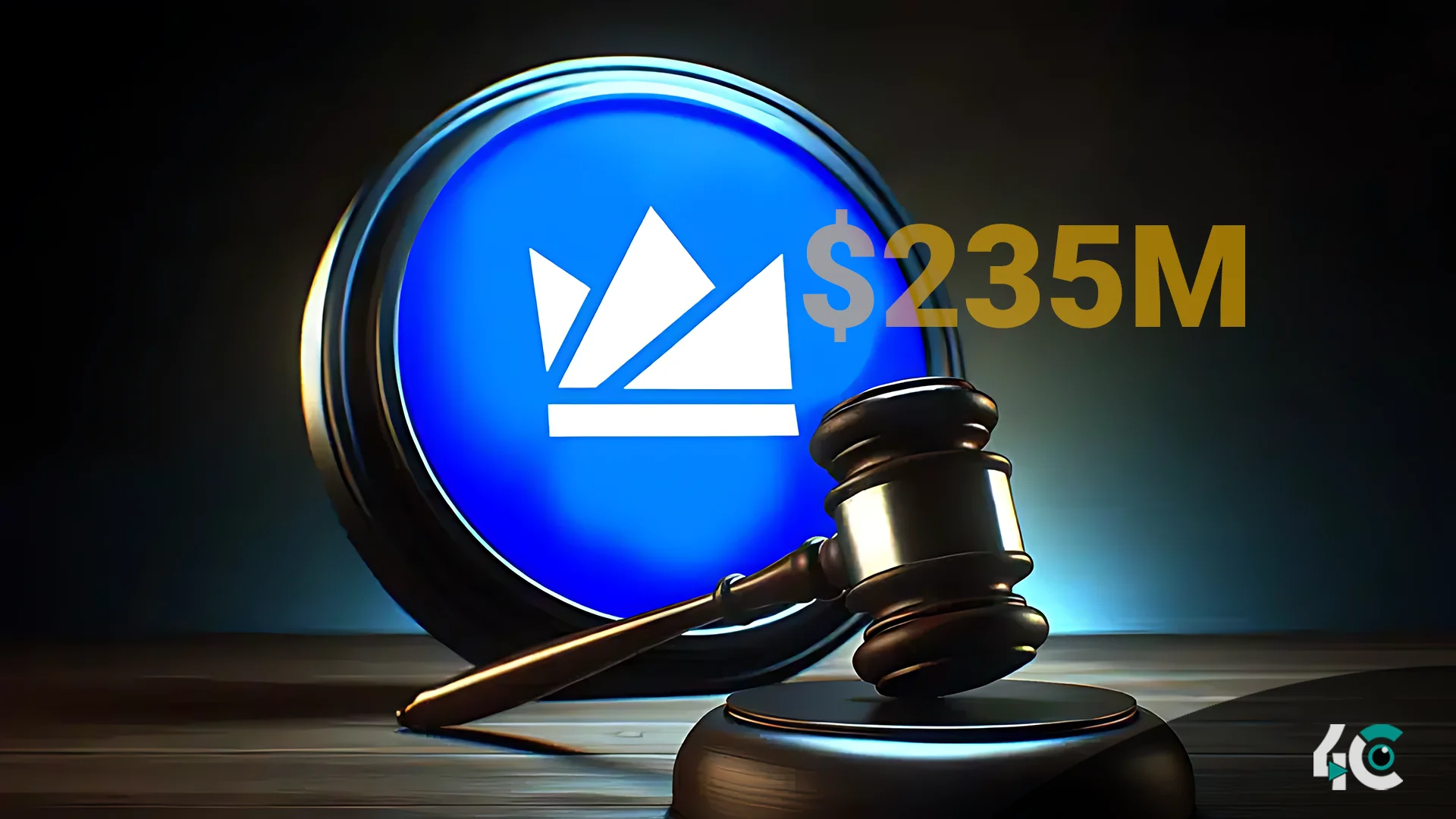One of the biggest bitcoin exchanges in India, WazirX, just came under fire following a huge breach that resulted in the theft of about $235 million in digital assets. WazirX blamed its digital custody partner, Liminal, for the security incident. But since Liminal released a statement contesting WazirX’s assertions, the narrative has changed.
Liminal claims that WazirX still had over $175 million in assets on Liminal’s platform a full 75 days following the hack, notwithstanding the charges. About $50 million of WazirX’s user assets still exist in wallets controlled by Liminal’s infrastructure today. Liminal further emphasized that only WazirX has the authority to conduct transactions involving its own assets, thereby clarifying that it lacks the authority to transfer this money.
WazirX has been acting to reorganize its activities and handle the aftermath as well. As part of a debt restructuring procedure in Singapore, the exchange just sent authorities information about 240,000 wallet addresses. The exchange positioned this announcement as a step toward openness, despite some critics calling it a possible misinformation strategy to divert attention from the actual problems.
Making sense of WazirX’s wallet disclosure for users
— Ashish Singhal (@ashish343) October 21, 2024
Crypto exchange WazirX — which allegedly faced a cyberattack in July 2024 — has released over 240,000 wallet addresses as part of an affidavit they filed in the High Court of Singapore.
These many wallet addresses can be… pic.twitter.com/QfaEmuQXUZ
Further complicating things, CoinSwitch co-founder Ashish Singhal disclosed that following the security issue, WazirX moved over $70 million in customer funds to worldwide exchanges, including Bybit and KuCoin. This revelation has only served to heighten the ambiguity about the trade and generate further questions regarding asset protection.
A major problem lies at the heart of this entire scenario: trust. Any bitcoin exchange is based on trust; hence, events like this erode consumer confidence. Although WazirX’s initiatives towards transparency may be beneficial, they also expose the industry to increased scrutiny, particularly in an environment where consumers are increasingly concerned about security and privacy.
The continuous conflict between WazirX and Liminal emphasizes the need for strong security policies for both exchanges and personal users. Safeguarding assets in the fast-changing world of cryptocurrencies depends on efficient blockchain risk management, including frequent security audits, multi-signature wallets, and defined disaster recovery strategies.
As the crypto market grows, it is crucial to prioritize transparency and security for both users and exchanges. This episode reminds us sharply of the brittle confidence supporting the sector. In the future, the insights gathered from this incident could potentially motivate the development of stronger and more resilient systems, ensuring a more secure future for digital assets.


































